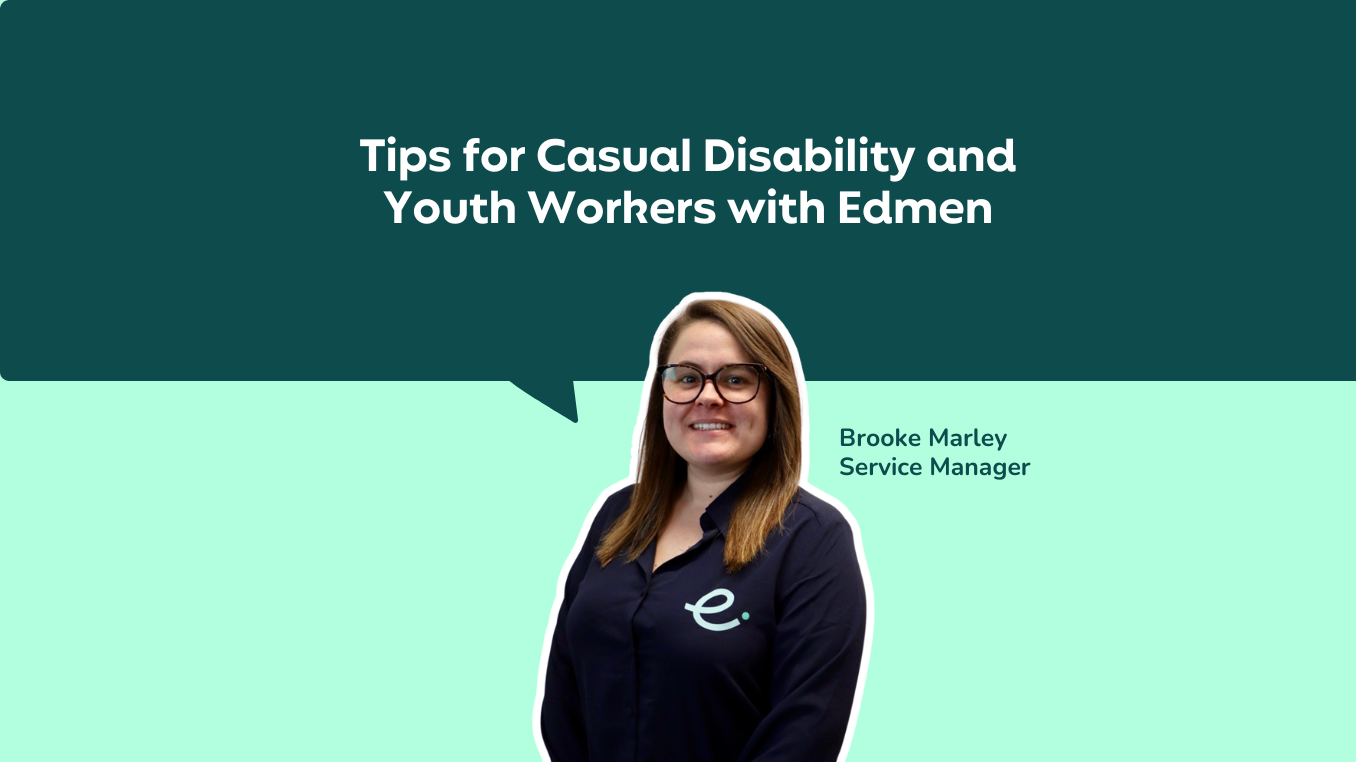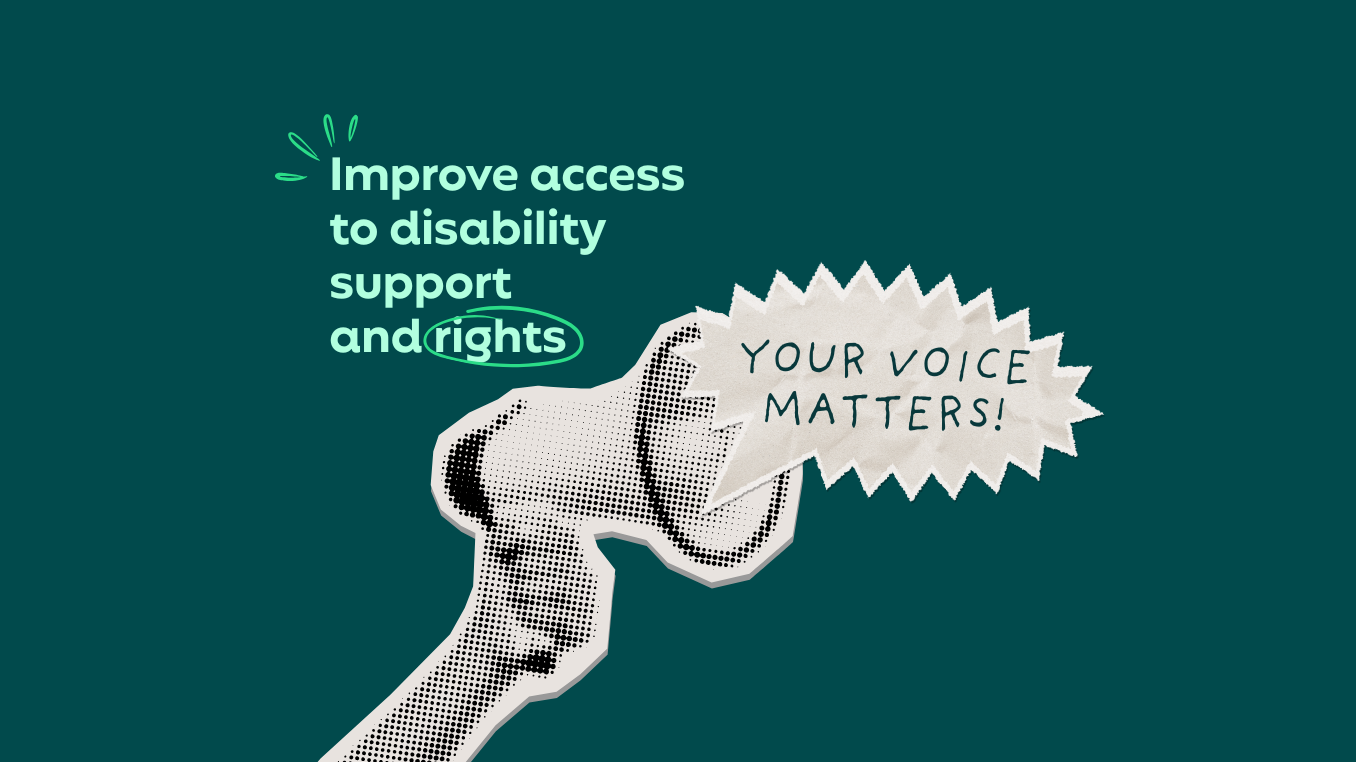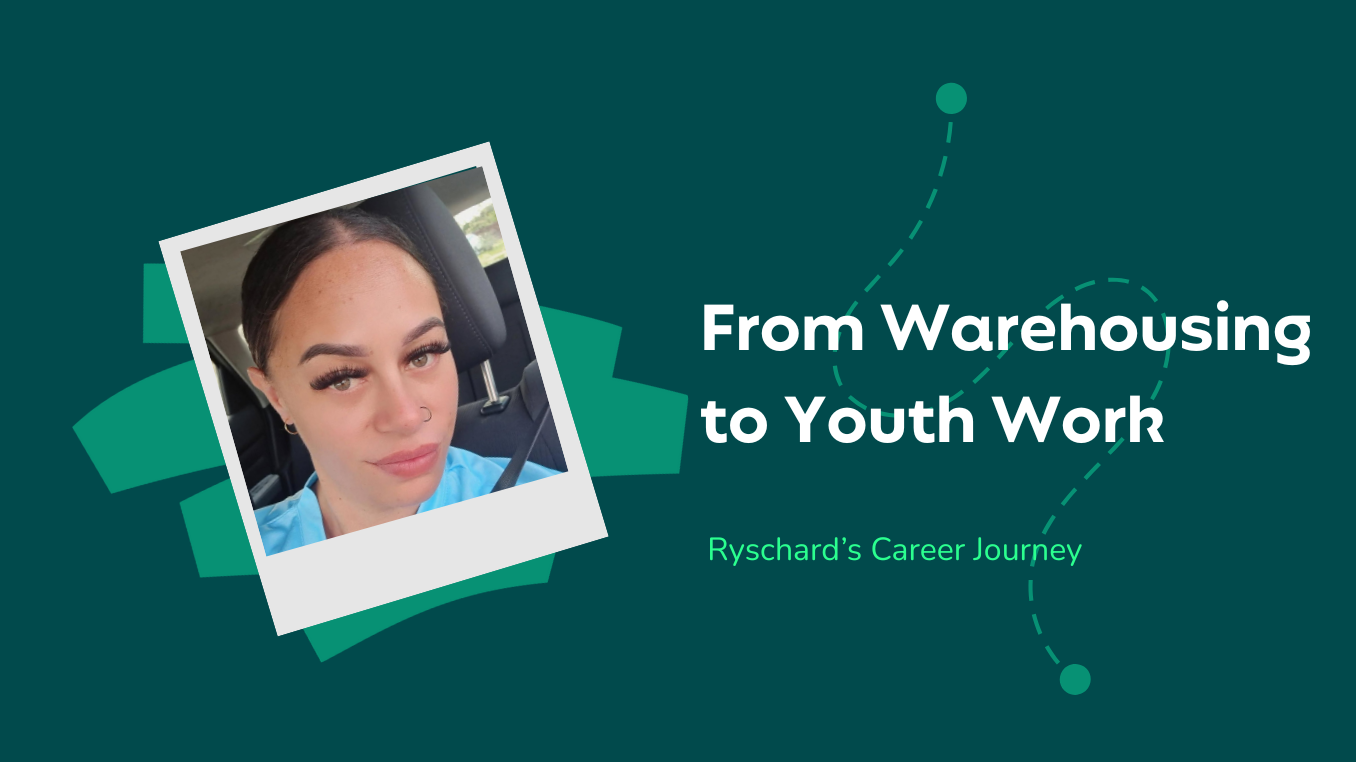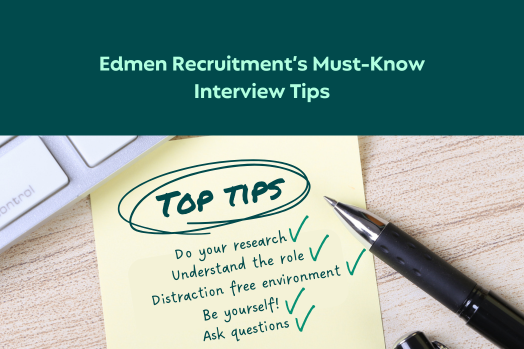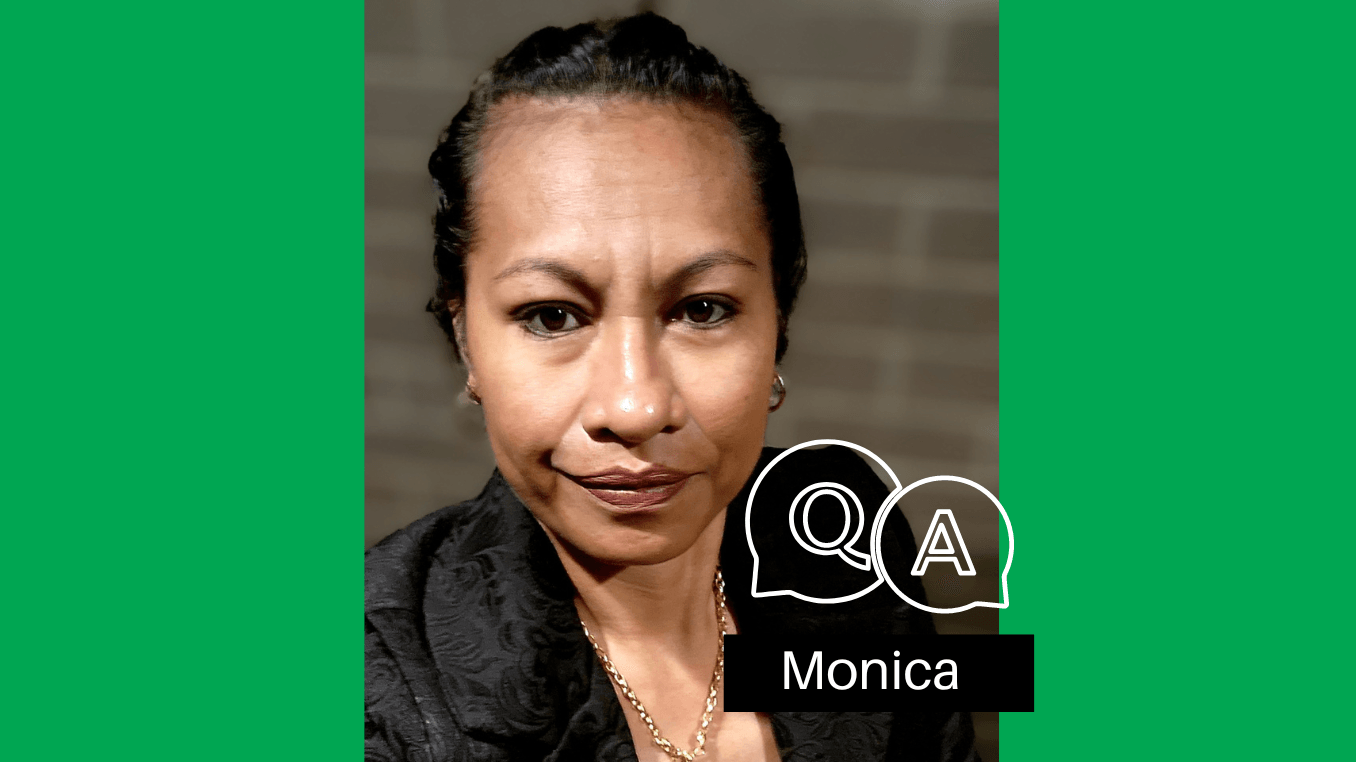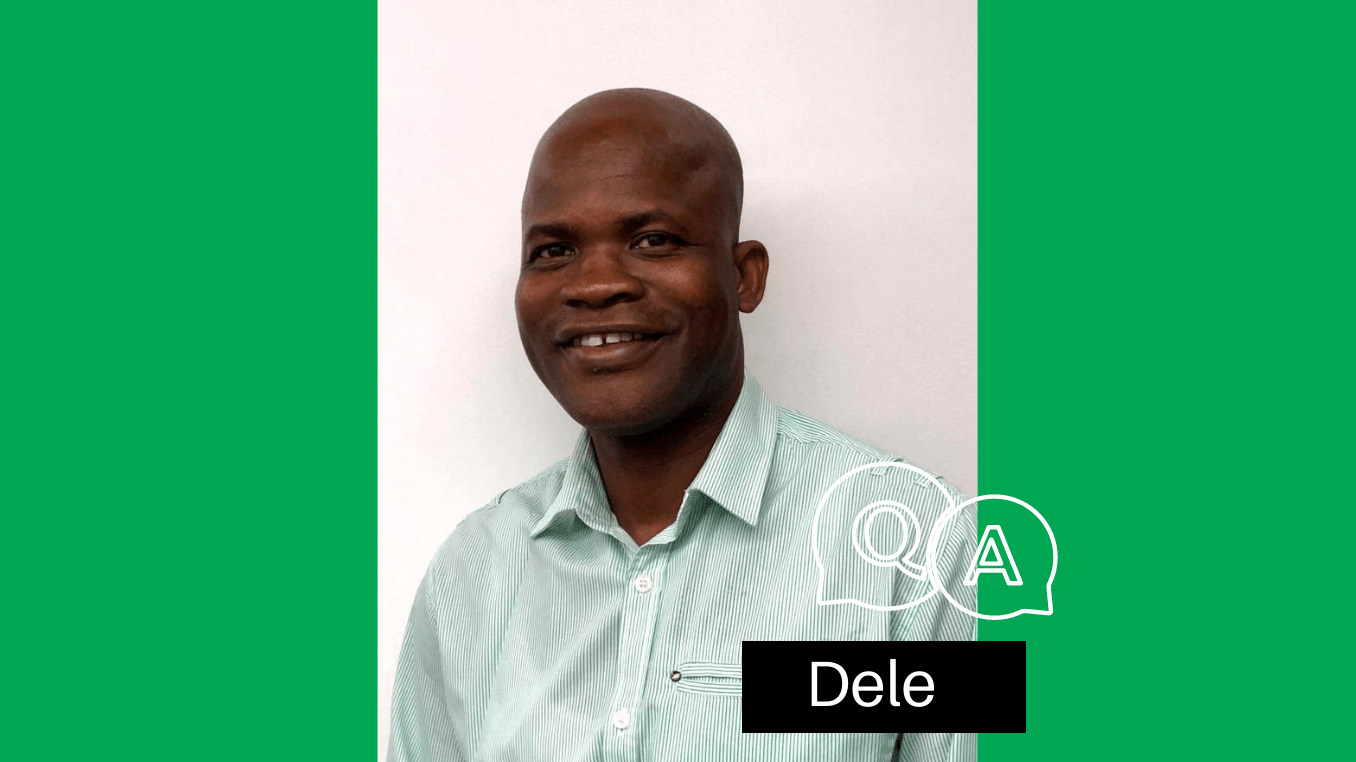Lori - Disability Support Worker Interview
This week we were lucky enough to interview Lori, a hard-working disability support worker who has had jobs in the healthcare industry for over two decades. We hope you enjoy this interview as much as we did.
1. Tell us a little about your background and why you decided to become a Disability Support Worker?
I have been working in the healthcare industry for over 25 years. I first entered aged care as a profession after I obtained a certificate 3 and 4 in Aged Care. After two decades working in this complex (and can I say exhausting!) aspect of healthcare, I realised I needed a change. My body and mind were really tired and I needed to find an alternative line of work before it ruined me both mentally and physically.
I had previously done some disability support work and really enjoyed it - actually I loved it and I thought now is as good a time as ever to develop my skills and get back into the disability support field I loved so much. Helping people to achieve their goals no matter how big or small is inspiring and an honor to be a part of.
2. What kind of work do you do on a day-to-day with your clients?
I currently work 8-hour shifts in a property that houses x5 clients, all with varying complex medical histories such as Down Syndrome. All the clients are over 40 years old and are a combination of men and women.
In the mornings, with the shift starting a 0600, I receive a handover from the night shift, count the medications and also count the cash tin. The cash tin is like a “bank” where we look after and manage the client’s money. It ensures safety and so far is working really well. The counting of both the medications and also the cash tin occur before every shift.
After these routine tasks are complete, we then begin our day. This normally starts with breakfast and attending to personal care. Depending on the clients moods and behaviour this process can greatly vary in time. We then spend the next few hours writing notes, attending to the housework including washing, cleaning, vacuuming and making beds. I like to encourage the involvement of the clients even in these mundane tasks.
Normally, before COVID-19, every client generally follows a day program that is full of activities and outings to keep the clients entertained and active. Due to isolation measures, we have needed to alter these programs to be more “in house” which included activities like painting and drawing.
I can’t wait for the isolation measures to be relaxed so I can take the clients to the beach for some fish and chips - they really love this activity!
3. What strategies do you use to build rapport with a new client?
Since I have been a Disability Support Worker, we haven’t had any new clients, however I do remember what it felt like when I first walked into a house for the first time.
Spending time with clients one on one can help break down barriers and ensure they are feeling supported particularly when you are trying to develop a relationship. You have to work out their likes and dislikes. Even if the client is non-verbal, you need to observe what they appear to enjoy. You need to spend the time to understand what “makes them tick.”
4. Why did you choose to work with Edmen in comparison to other agencies and what has your experience been like?
I had heard good things about Edmen and they happened to be hiring at the same time I was looking to move out of aged care so it was perfect. The orientation was thorough and I felt well supported.
Working for an agency has its pros and cons though. I really like the work-life balance aspect of agency work where I can choose when and what time I take a shift. Plus, the money is pretty good too! However, I do find that cancellations are not unusual which can be a tad annoying when you had your day planned out.
5. What impact do you feel you have on your client’s lives?
I feel like I have a big impact. I play a huge part in whether they have a good day or not. If I come to work grumpy because of something going on at home, they sense it and it creates negative vibes around the workplace. On the other end of the spectrum, if I come to work happy, smiling and ready to do fun activities like cooking, dancing or playing games, this alters the whole dynamic for the better.
6. What’s the most rewarding thing about being a Disability Support Worker?
I feel like I am actively making a difference which I guess in reflection was more difficult to measure in aged care. When a client reaches out to give you a hug and asks, “when I am seeing you again?” and even smiles at you when you start a shift, I know I am making a difference.
7. What advice do you have for people considering becoming a disability support worker?
This is a challenging job and you’re either going to like it or you’re not. The behavioral issues can be intense, requiring the utmost patience but if you feel you can cope with it fine, go for it.
If you are reading this as an aged care worker and potentially looking for a change in career, this line of work will be much kinder on your body and little more stimulating on the mind due to every day presenting something different.
8. Would you recommend Edmen to other people looking to work in the industry? If so, why?
I sure would. The app is really easy to request your shifts and the staff on the phone are really friendly when asking if I’d like to work. My only issue is the shift cancellations but the increased volume could simply be due to COVID-19.
A big thank you to Lori for taking to the time to chat to me about life as a disability support worker. As a healthcare veteran, your clients are lucky to have you!
Cheers,
Emma Smith
Emergency Registered Nurse
Co-founder The Other Shift
Edmen Community Staffing Solutions Blog

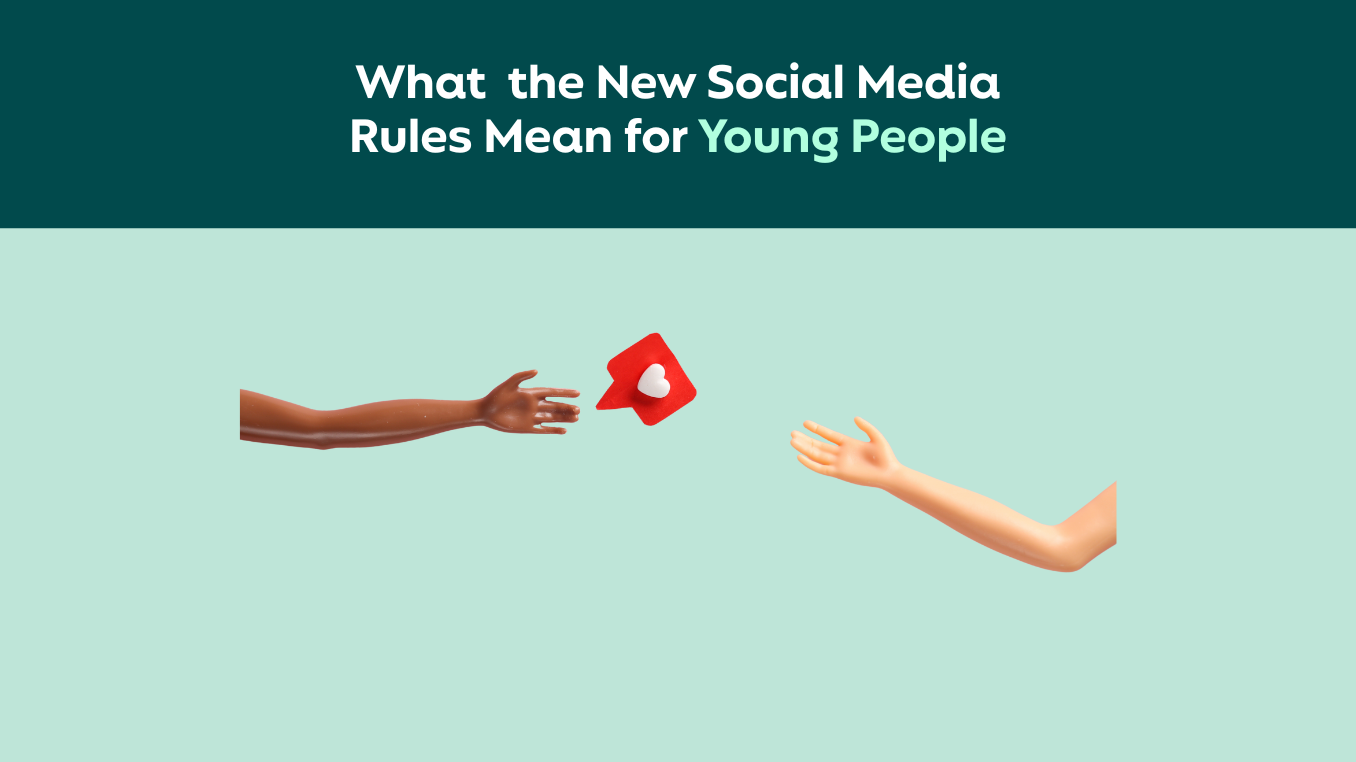

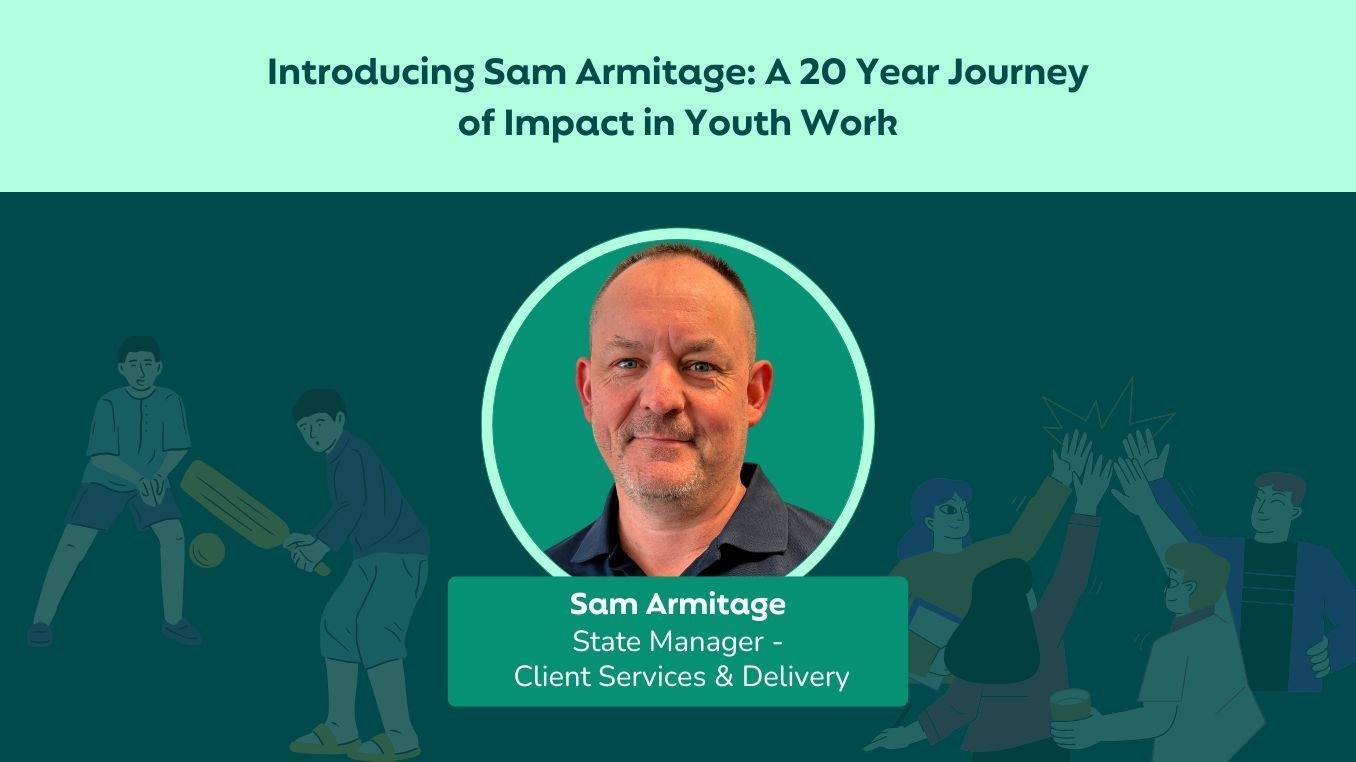

Edmen Community Staffing Solutions Blog

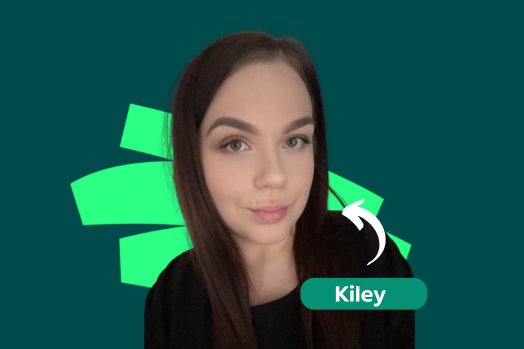
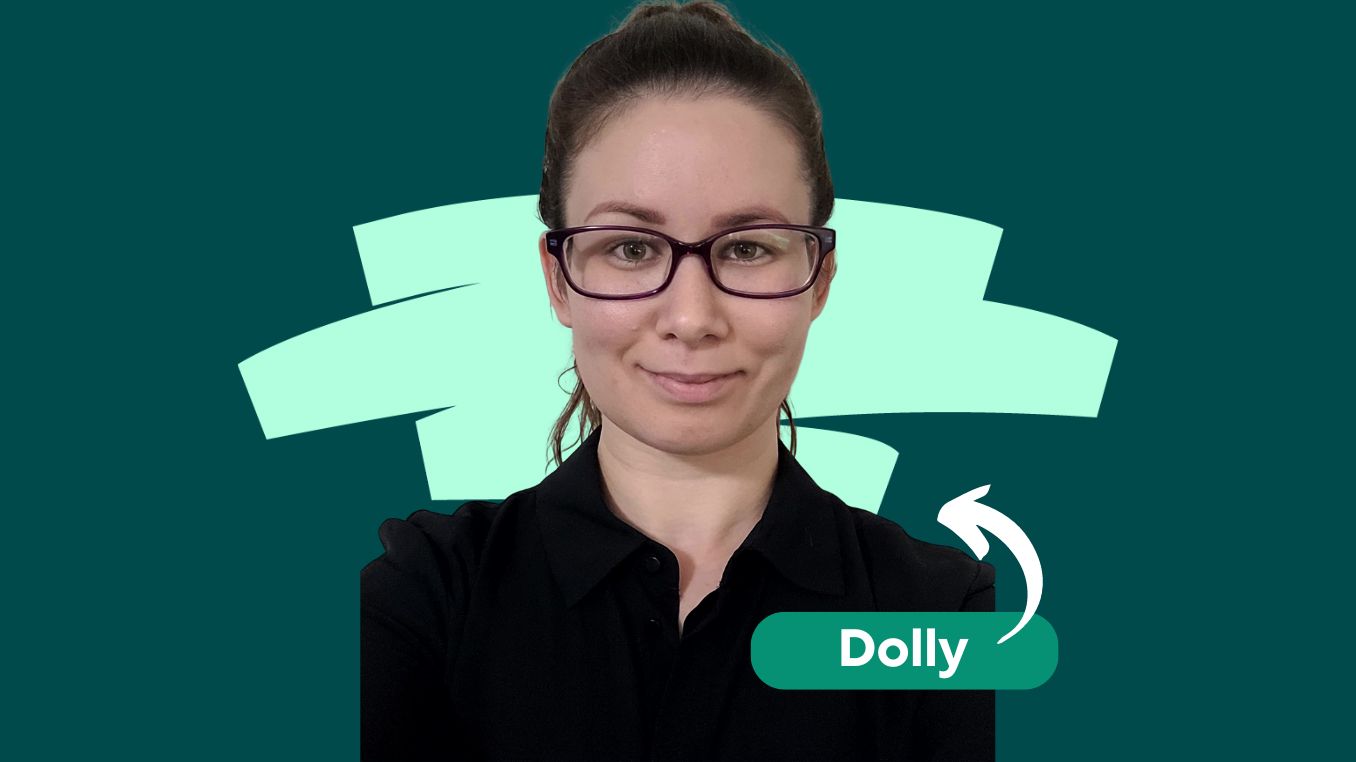
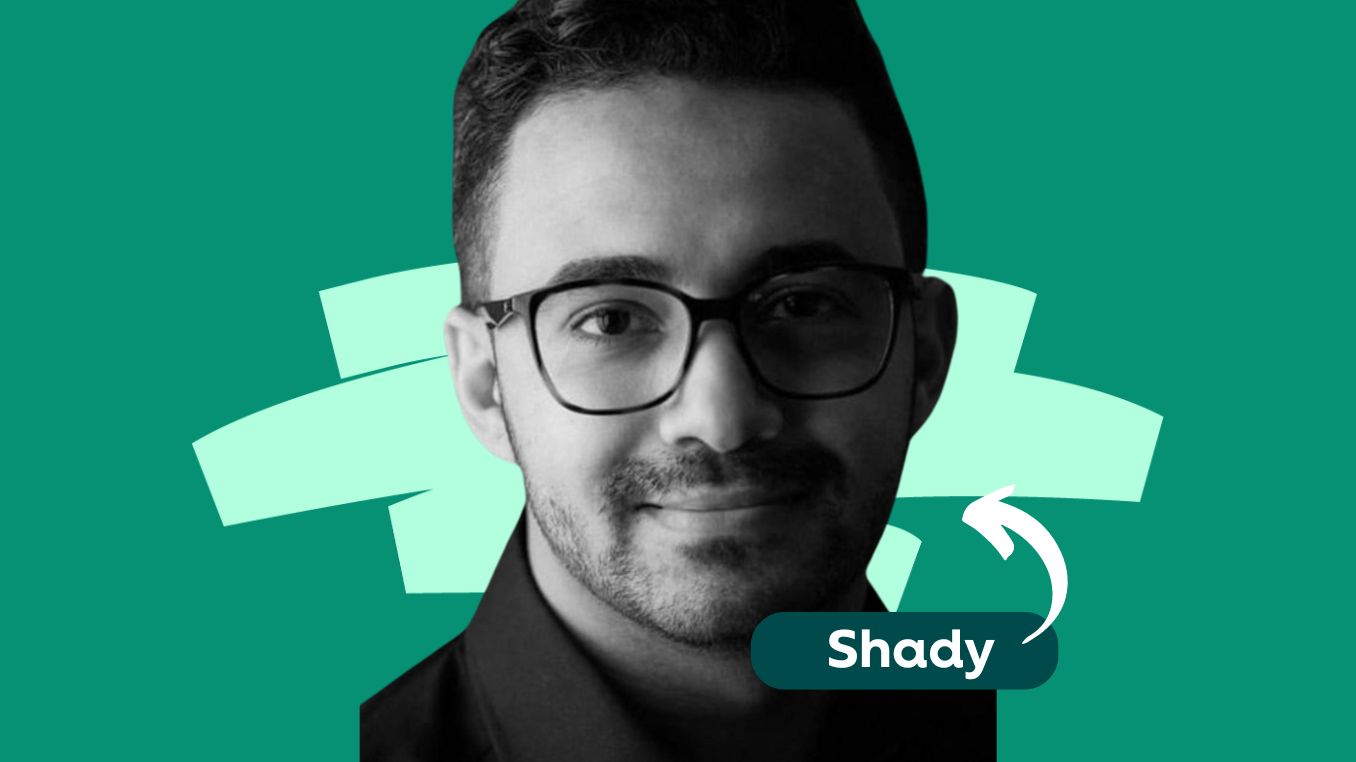
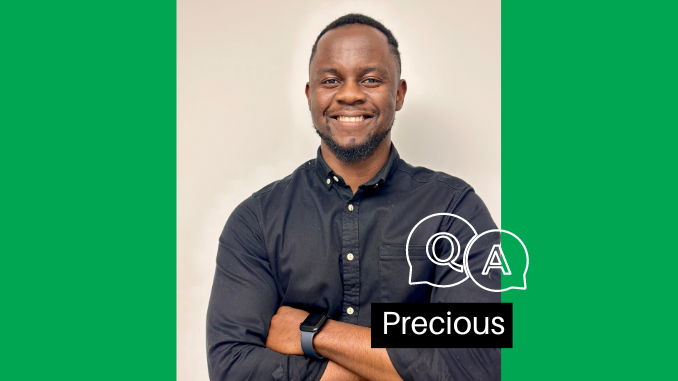
Edmen Community Staffing Solutions Blog






